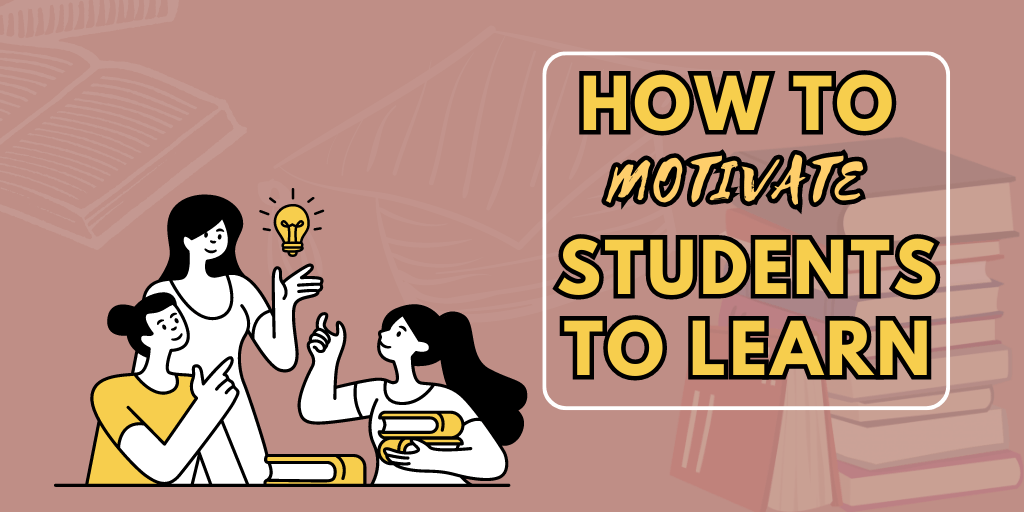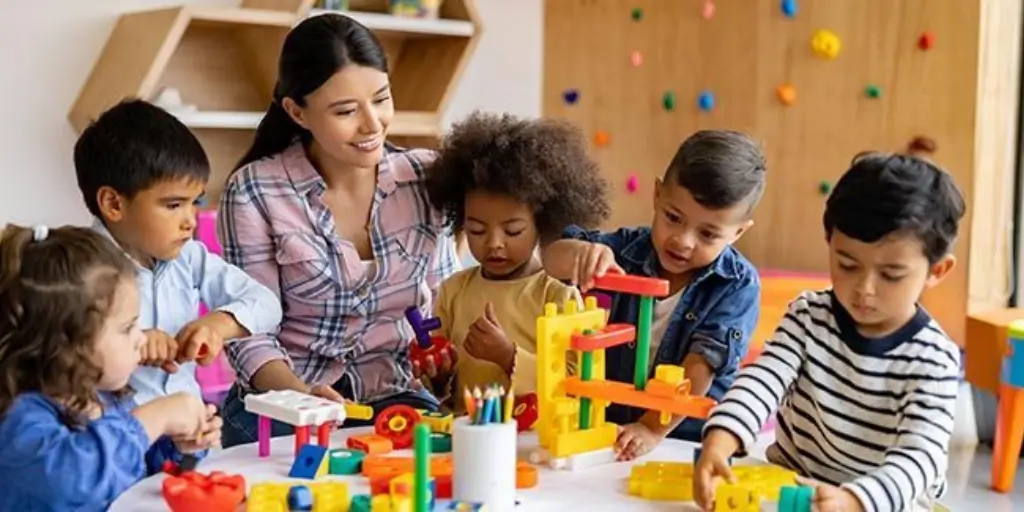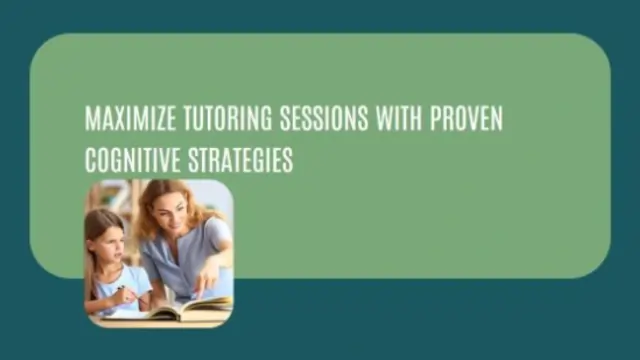
Motivating Students to Learn: Strategies for Inspiring a Love for Education
As educators, it is our responsibility to inspire students and foster a genuine love for learning. However, motivating students can be a challenging task
As each individual has unique interests, strengths, and learning styles. In this blog post, we will explore effective strategies that can ignite a passion for education and create an environment where students are motivated to learn.
1. Foster a Positive Learning Environment:
Creating a positive and inclusive learning environment is crucial for motivating students. Encourage open communication, respect, and collaboration among students. Celebrate diversity and create a safe space where students feel comfortable expressing their thoughts and ideas. When students feel valued and supported, they are more likely to engage actively in their learning journey.
2. Establish Clear Learning Goals:
Setting clear and achievable learning goals provides students with a sense of direction and purpose. Clearly communicate the objectives of each lesson and how they align with broader learning outcomes. Building a Strong Foundation and Breaking down the goals into smaller, manageable tasks, allows students to track their progress and experience a sense of accomplishment as they achieve milestones. When students have a clear vision of what they are working towards, it motivates them to invest their time and effort in learning.
3. Make Learning Relevant:
One of the most effective ways to motivate students is to show them the relevance of what they are learning. Connect the curriculum to real-life situations, current events, and practical applications. Help students understand how the knowledge and skills they acquire in the classroom can be applied in their everyday lives. When students see the value and purpose of their education, they become more engaged and enthusiastic about learning.
4. Provide Opportunities for Autonomy:
Allowing students to have some control and autonomy over their learning can significantly boost motivation. Provide choices and options whenever possible, such as allowing students to select topics for projects or offering different methods of demonstrating their understanding. Giving students a sense of ownership and control over their education empowers them and encourages active participation.
5. Utilize Different Teaching Strategies:
Every student learns differently, so it is essential to employ a variety of teaching strategies to cater to different learning styles. Incorporate visual aids, hands-on activities, technology, group discussions, and multimedia resources into your lessons. By appealing to different senses and learning preferences, you create a dynamic and engaging learning experience that captures students' interests and keeps them motivated to explore further.
6. Encourage Collaboration and Peer Learning:
Collaborative learning not only fosters teamwork and social skills but also increases motivation. Encourage students to collaborate on projects, homework, and problem-solving exercises. Peer learning allows students to share their knowledge, support each other, and learn from different perspectives. It promotes a sense of community and enhances the overall learning experience.
7. Recognize and Celebrate Achievements:
Acknowledging students' achievements, both big and small, is crucial for maintaining their motivation and providing personalized attention to each student. Celebrate their successes publicly, whether through verbal praise, certificates, or displays of their work. Recognizing their efforts and accomplishments reinforces positive behavior and encourages continuous improvement. Moreover, it boosts students' self-esteem and confidence, fostering a positive attitude towards learning.
Conclusion:
Motivating students to learn requires a multifaceted approach that takes into account their individuality and diverse needs. By fostering a positive learning environment, setting clear goals, making learning relevant, providing autonomy, utilizing different teaching strategies, encouraging collaboration, and recognizing achievements, we can inspire a love for education. As educators, our role is not only to impart knowledge but also to ignite a lifelong passion for learning that will empower students to succeed in all areas of their lives.
Last update: 2023-07-07 07:55:19
 Clenta
Clenta











